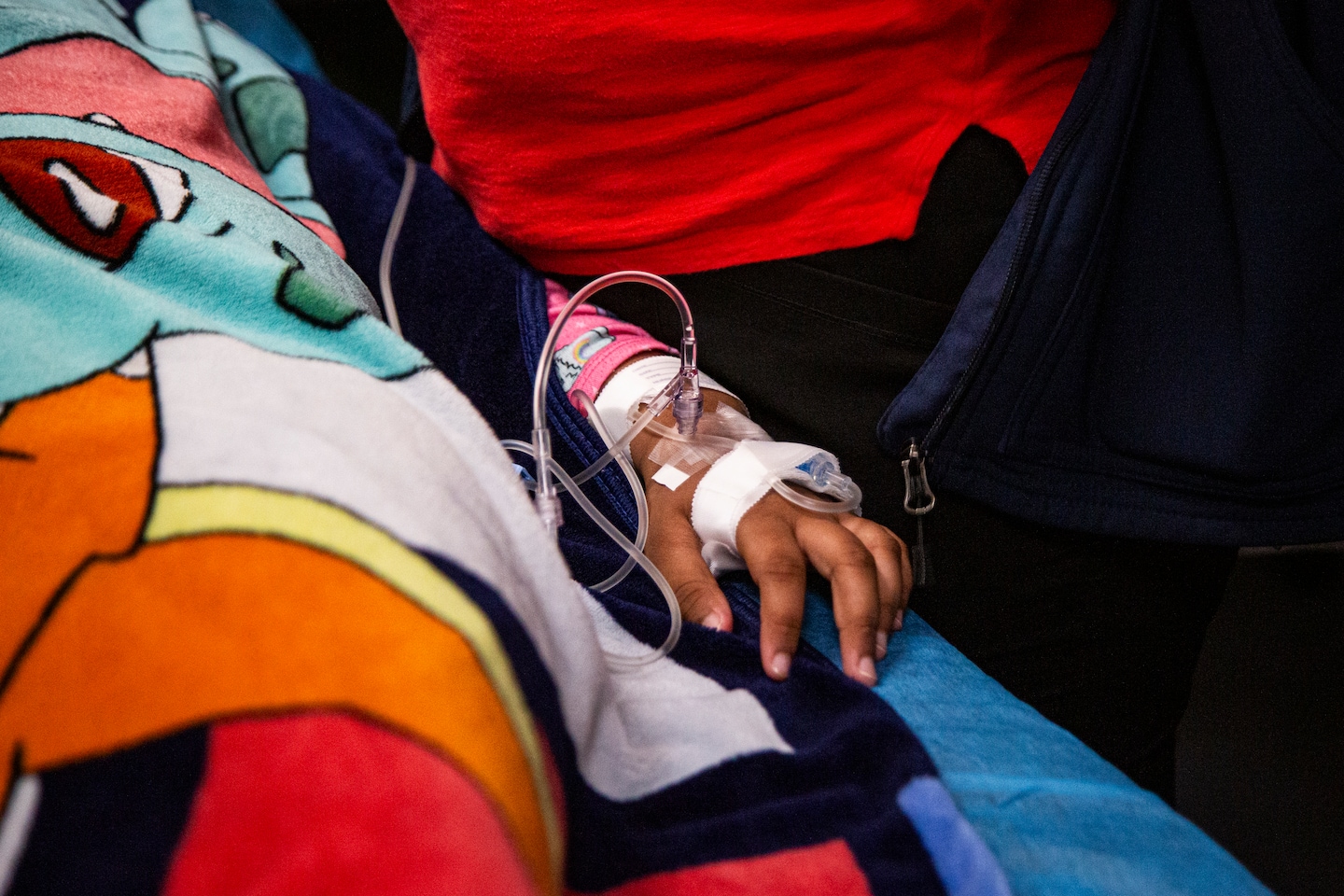Time: 2024-07-01

Dengue fever has been wreaking havoc in Central and South America, with a record-breaking 10 million cases diagnosed so far. This surge in dengue infections has prompted the Centers for Disease Control and Prevention to issue a warning about the increased risk of the mosquito-borne virus in the United States. The CDC has highlighted the importance of vigilance among healthcare providers to detect and test for dengue cases, especially among individuals returning from regions where the virus is prevalent.
In Puerto Rico, a Public health emergency was declared due to the rapid rise in dengue cases, with the virus being considered endemic on the island. The situation in Puerto Rico serves as a warning for other parts of the United States, where the Aedes aegypti mosquito, the primary vector for dengue, is present. The CDC anticipates more travel-related cases and local transmission linked to these cases, emphasizing the need for robust surveillance systems and preparedness in combating the spread of dengue.
Multiple factors have contributed to the unprecedented rise in dengue infections. Climate change has played a significant role in creating favorable conditions for mosquito breeding and the spread of the virus. Warmer temperatures have accelerated the life cycles of mosquitoes, expanding their ranges and allowing dengue to become a year-round phenomenon in many regions. Human travel has also facilitated the spread of the virus, with infected travelers unknowingly transporting the virus to new areas.
Furthermore, the cyclical nature of dengue outbreaks, waning immunity, and human behavior have all played a role in the current surge. The presence of multiple dengue strains and the phenomenon of antibody-dependent enhancement pose challenges in developing effective vaccines and treatments. The complexity of the virus and the lack of awareness among the public about the risks of dengue further exacerbate the situation.
Efforts to combat dengue include mosquito control measures, public awareness campaigns, and vaccine development. However, challenges such as limited access to vaccines, low awareness among healthcare providers, and the complexity of diagnosing dengue clinically hinder effective prevention and treatment strategies. The discontinuation of the Dengvaxia vaccine due to low demand further underscores the need for better vaccine coverage and awareness programs.
To protect against dengue, individuals are advised to wear protective clothing, use insect repellents, and eliminate mosquito breeding sites around their homes. Healthcare providers play a crucial role in diagnosing and reporting dengue cases to local health authorities to track the spread of the virus and implement control measures effectively. As dengue continues to pose a threat to public health globally, concerted efforts are needed to combat the virus and mitigate its impact on communities.